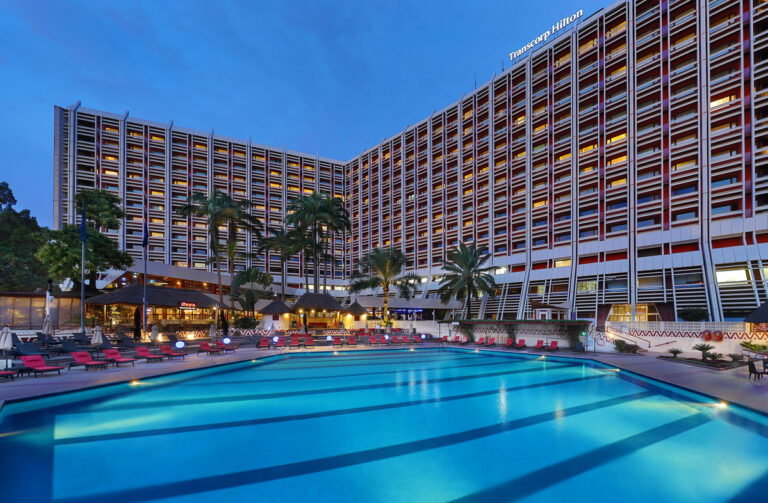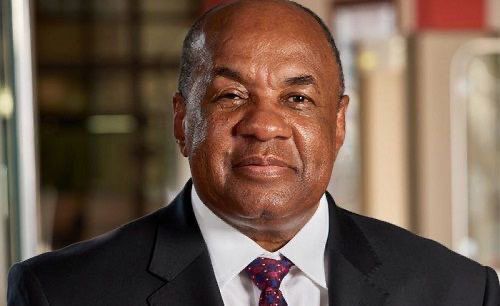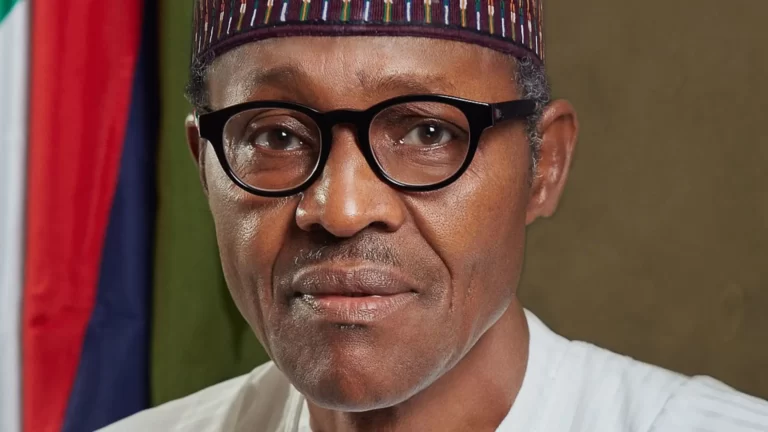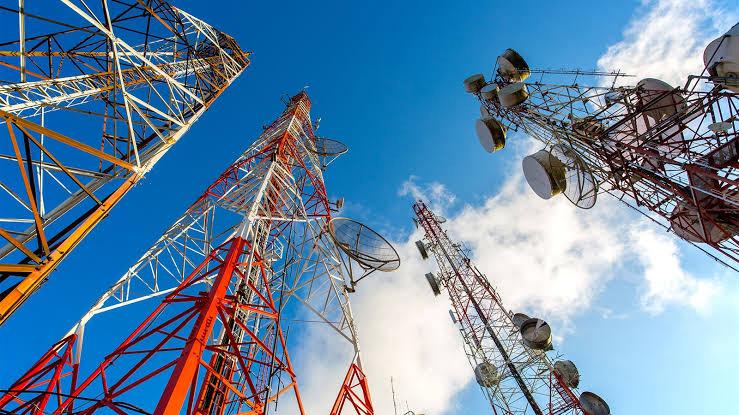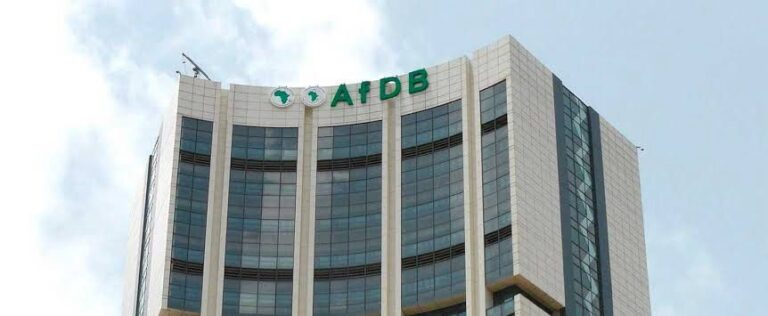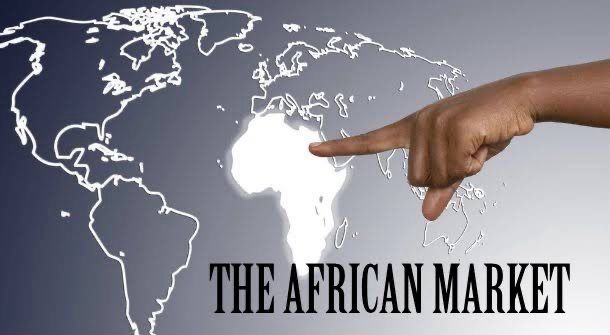Colonel Michael Randrianirina, the leader of the elite military unit that seized power this week, was officially sworn in as the transitional President of Madagascar on Friday. The ceremony followed a swift military intervention that forced former President Andry Rajoelina to flee the country after weeks of youth-led protests over the chronic economic crisis.
To cheers from supporters and with a visible show of military force, President Randrianirina, commander of the Special Forces Army Training Centre (CAPSAT), took his oath before the High Constitutional Court (HCC). He used his address to pledge deep national reform, stating, “We are committed to breaking with the past. Our main mission is to thoroughly reform the country’s administrative, socio-economic, and political systems of governance,” and promised a return to civilian rule, preceded by elections, within 18 to 24 months.
“I swear that I will exercise the power entrusted to me and dedicate all my strength to defending and strengthening national unity and human rights,” he added, before military officers raised swords and blew trumpets to mark the handover.” He said.
The coup’s success is rooted in Madagascar’s severe, persistent economic crisis, which has created deep public discontent. Madagascar remains one of the world’s poorest nations, with nearly 70% of the population living on less than $2.15 per day (2017 PPP).
While the economy is projected to maintain moderate GDP growth, estimated to be stable at 4.2% in 2024 and forecast to accelerate slightly to 4.6% in 2025, this expansion remains deeply insufficient to generate jobs and improve living standards for the rapidly increasing population.
The primary structural constraint is the reliance on low-productivity subsistence agriculture, which employs a vast majority of the workforce, coupled with a two-decade decline in overall firm productivity.

Macroeconomic pressures have made daily life increasingly difficult. Persistent inflation, projected to remain high between 7.6% and 8.4% in 2025, driven by volatile food and imported energy costs, continuously erodes household purchasing power.
Furthermore, critical supply-side constraints—including rampant governance issues, a crippling lack of reliable electricity, and highly inadequate road infrastructure—escalate production and transport costs for businesses, directly fueling the power outages and shortages that triggered the mass “Gen Z” protests.
The crisis reached its peak when Randrianirina’s CAPSAT unit broke ranks with the government and joined the youth-led demonstrators, leading to Rajoelina’s departure and subsequent impeachment. The HCC quickly ratified the new transitional leadership, though the move drew sharp criticism from international bodies.
The African Union (AU) moved immediately to suspend Madagascar’s membership, condemning the unconstitutional change of government and demanding a swift return to constitutional order. Facing this international scrutiny, President Randrianirina has framed the military intervention as necessary to prevent national collapse.
He notably invited foreign delegations, including representatives from the United States, the European Union, Russia, and France, to support Madagascar’s transition, signaling a desire for continued, albeit conditional, foreign engagement despite the political upheaval. ####

Madagascar crisis deepens: president dissolves parliament after military defects
Madagascan President Andry Rajoelina, currently in hiding at an undisclosed location, dissolved the National Assembly (the lower house of parliament) on Tuesday, escalating a profound political crisis marked by weeks of deadly youth-led protests and a military rebellion.
The decree, posted on the presidency’s social media page, came as opposition lawmakers were reportedly gathering signatures to initiate impeachment proceedings against the embattled leader. By dissolving the legislative body, Rajoelina effectively blocked immediate constitutional efforts to remove him from power.
The 51-year-old President’s decision follows a dramatic weekend where soldiers from the elite CAPSAT military unit, instrumental in Rajoelina’s own rise to power in a coup in 2009, broke rank to join the growing anti-government demonstrations. The CAPSAT unit, which has since claimed control of the armed forces, called for Rajoelina and his ministers to step down, prompting the President to flee the capital, Antananarivo.
In an address broadcast late Monday night from his secret location, Rajoelina refused to resign, insisting he had survived an “attempt to seize power illegally and by force.” He confirmed he was forced to find a “safe place” out of fear for his life, but stressed that the constitution must be respected. The dissolution, he argued in a follow-up social media post, was “necessary to restore order” and allow the voice of the people to be heard once again.

The current turmoil began nearly a month ago, sparked by the “Gen Z Mada” movement. Young protestors initially rallied against chronic deficiencies in basic public services, including widespread water and electricity outages, but their demands quickly broadened to encompass anger over poverty and entrenched corruption within the ruling elite. The youth-led demonstrations drew comparisons to similar movements recently seen in Nepal and Kenya.
The protests turned deadly earlier this month, with the United Nations reporting at least 22 fatalities in clashes with security forces. Despite Rajoelina’s earlier attempts to defuse the situation, including dissolving his cabinet and appointing a new prime minister, the crisis worsened with the military’s recent defection.
Siteny Randrianasoloniaiko, the leader of the opposition in the now-dissolved National Assembly, stated that the decree was “not legally valid,” asserting that the President of the National Assembly was not properly consulted as required by law.
The international community has voiced concern over the escalating violence. French President Emmanuel Macron, speaking on the sidelines of a summit in Egypt, urged that constitutional order be maintained and that the political expression of the youth not be exploited by military factions. Madagascar, an island nation with a long history of political instability and coups, now faces a critical constitutional and security vacuum.






